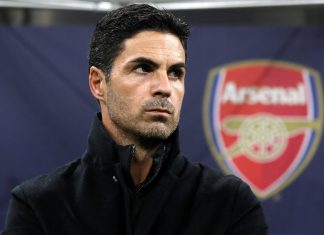He had to endure months of speculation and rumour about his position. He took medical leave, and then he quit completely. But for a man so desperate to cling to power it leaves more questions than answers. Teixeira had been under investigation in Brazil, whilst FIFA had threatened to publish ISL files which it has been claimed implicate the Brazilian football chief as having received kick backs from their former marketing partner.
His was a tenure of much rumour and controversy. Like his former father in law, Joao Havelange, he was forced to quit citing medical concerns, but with the ISL files hanging over him. Havelange quit the International Olympic Committee days before an investigation into those files was made public.
He was under pressure from all sides; football fans didn’t like him for having so much power; the head of the World Cup and Brazilian FA, as well as a FIFA executive committee member. FIFA did not like him, and neither did his Government. In the end, his allies seemed to run out, and with them, Teixeira, whom many said was only in his position because of Havelange in the first place, ran.
Teixeira now leaves and behind him are many questions that many will want answers to. We are unlikely to know the answers. But what we will know is how well the Brazilians put on the World Cup in 2014. Romario this weekend has been saying it will be a missed opportunity.
“It was a shame to read the newspapers and see that the Federal Government has united with FIFA to make the greatest World Cup of all time,” Romário posted on his Facebook page.
“It’s a troublesome lie.
“It won’t be the greatest and we will be embarrassed.
“The Federal Government is deceiving the people.
“President Dilma (pictured right) is being deceived or is letting people deceive her.”
Romario says this because of the dithering, and by Dilma he means Rousseff, the President who so loathed Teixeira. Teixeira knew back in 2004 the World Cup would come to Brazil 10 years later, with CONMEBOL backing them, and FIFA having a rotation strategy in place. He also knew that he wouldn’t decide on the host cities; that decision was passed to FIFA to eventually make in 2009. There has been a lack of joined up thinking.
Stadia were delayed in their construction due to arguments over a range of issues; the Itaquera in Sao Paulo, the next host stadium for Corinthians, only began building work last year despite it being set to host the opening game of Brazil 2014. Strikes have held back works. And airports are well away from being able to handle the large volumes of air traffic expected.
What is going on now is a salvage job; what was meant to be a great opportunity has turned into a political disaster. FIFA will leave after the World Cup, but Brazil could be left with the distinct feeling that they have missed a golden opportunity to renovate.







